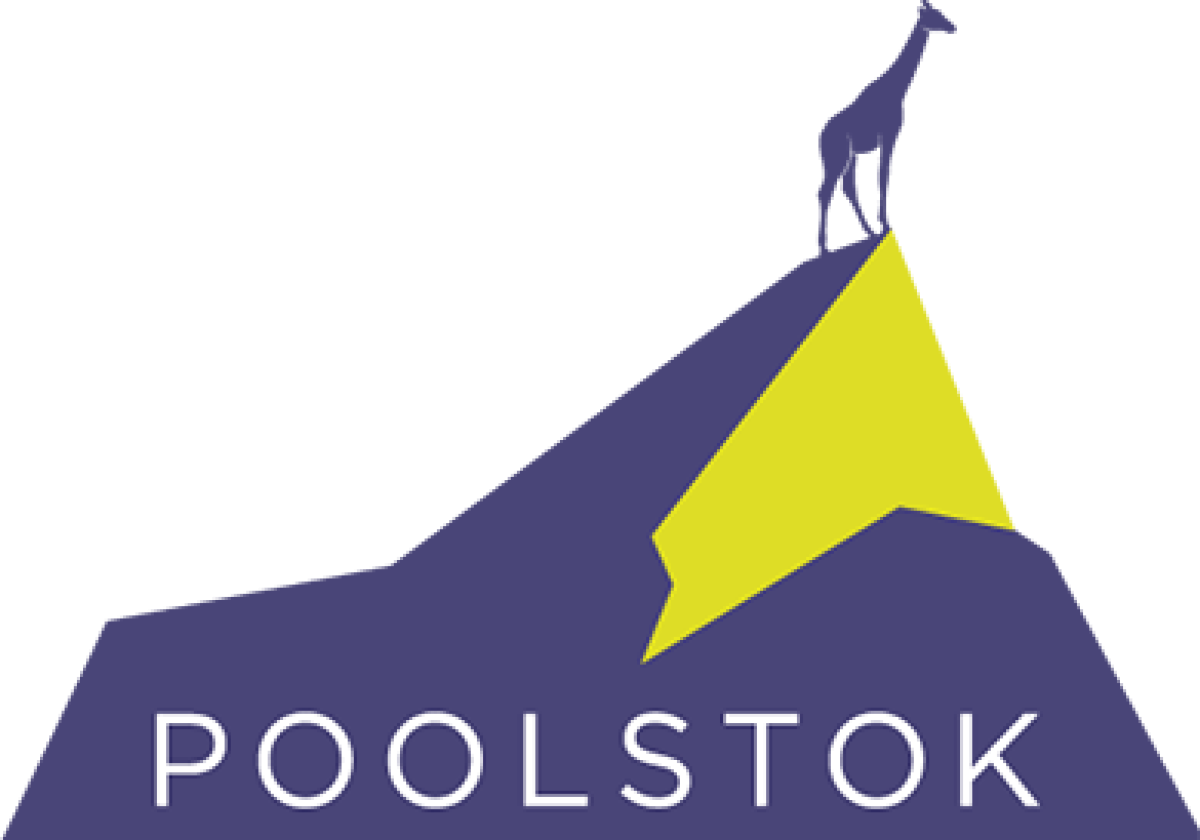
Through a scan, we assess motivation and leadership within your organization. A scan aims to uncover strengths and growth opportunities for the organization and to give direction to initiatives that help effectively unlock the potential of leaders and the organization.
Measuring through the functional use of surveys
Under the motto 'to measure is to know', we have developed a varied range of scans and surveys to measure the temperature within your organization.
From a strong belief in the functional use of measurements, a scan is never carried out for the sake of the measurement itself, but is always set up from a clear objective or question. The results reveal strengths and growth opportunities for the organization and give direction to initiatives that help unlock the potential of leaders and the organization in an effective way.
A scan can be an important starting point for a more sustainable trajectory, as well as be used as an evolutionary measurement to assess the effectiveness of actions taken and to adjust where necessary.

Pick & play flexibility in surveying and reporting
Evidence-based scans & surveys
Our scans, surveys and evolution measurements consist of reliable and scientifically validated instruments and are composed according to the development needs of your organization. During an intake, we help you compose your survey and possible follow-up measurements tailored to your organization and target audience.
At your request, new instruments can be developed to assess additional parameters that are important for your organization. In this co-creative process, we strive to achieve maximum alignment with the specific context of your organization, while using our scientific expertise to ensure the questions in the survey are valid.
Our reporting is also flexible. Choose for reports on an organizational, service, team and/or individual level.
Beyond the symptom
The chain of motivation
Our scans are integrally based on Self-Determination Theory and always aim to map the full chain of motivation.
We do not limit ourselves solely to (visible) effects, such as engagement, satisfaction, stress, underperformance, absenteeism, etc., but also look at the motivational processes that precede these effects.
In addition, various factors from the context are also taken into account to obtain a more comprehensive picture of the dynamics at play within your organization.

A few examples
Context
How motivating is the leadership being perceived?
How do people perceive the vision, mission and values of the organization?
How do people perceive the internal communication in the organization?
How supportive do peoople find the management's approach before and during the implementation of change?
Motivational processes
To what extent are the needs for autonomy, belongingness and competence fulfilled or frustrated?
What about the quality of motivation?
Effects
How energetic and vital do people feel at work?
How satisfied are people with their current job?
To what extent do people suffer from symptoms of burn-out?
To what extent do people think about changing their job in the near future?
From participation to action
Organize participation through an employee of satisfaction survey
A survey can be a good way to organize participation and give a voice to all employees in your organization.
For example, you can ask opinions about a particular project, work organization or even the future of the organization. Such a participatory process starts a dialogue, indicates your willingness to listen to ideas and complaints and ensures that more support for decisions or requests is created.
We are happy to help you ask valid questions, process the collected input and implement actions in a motivating way.


